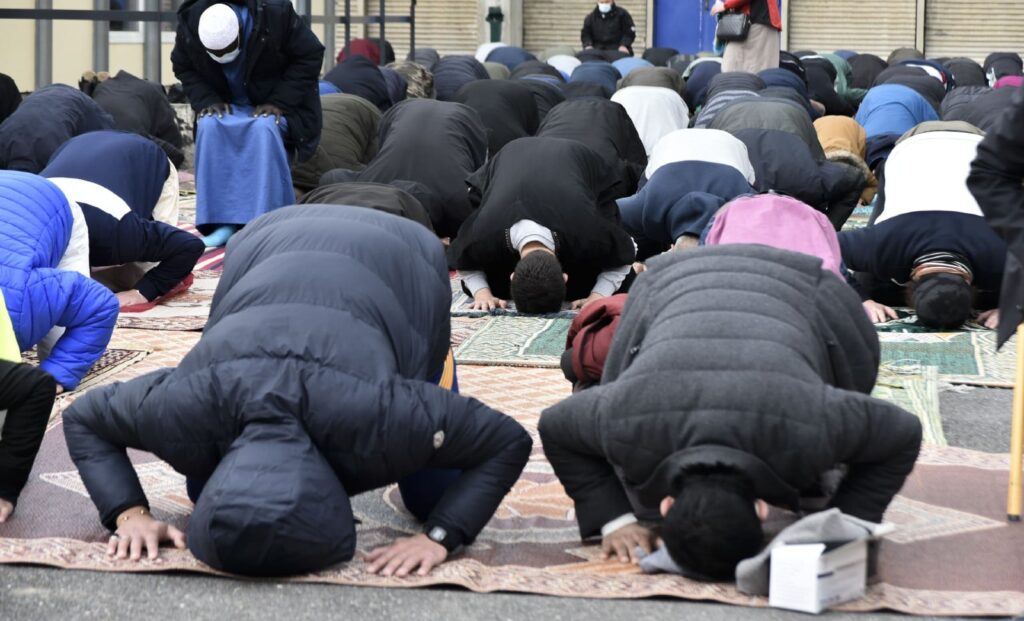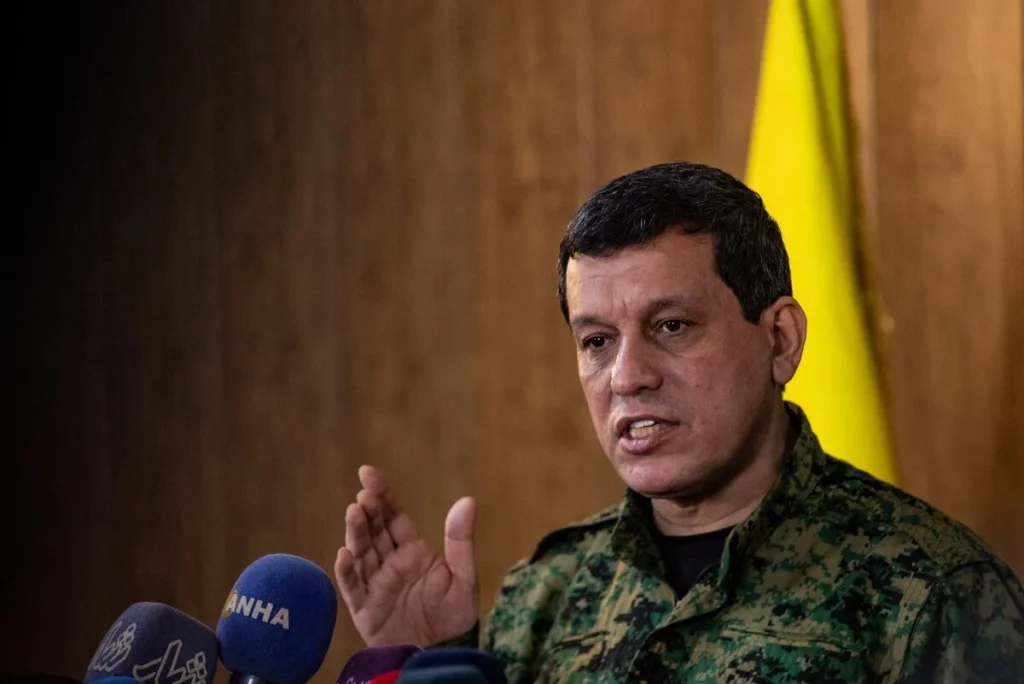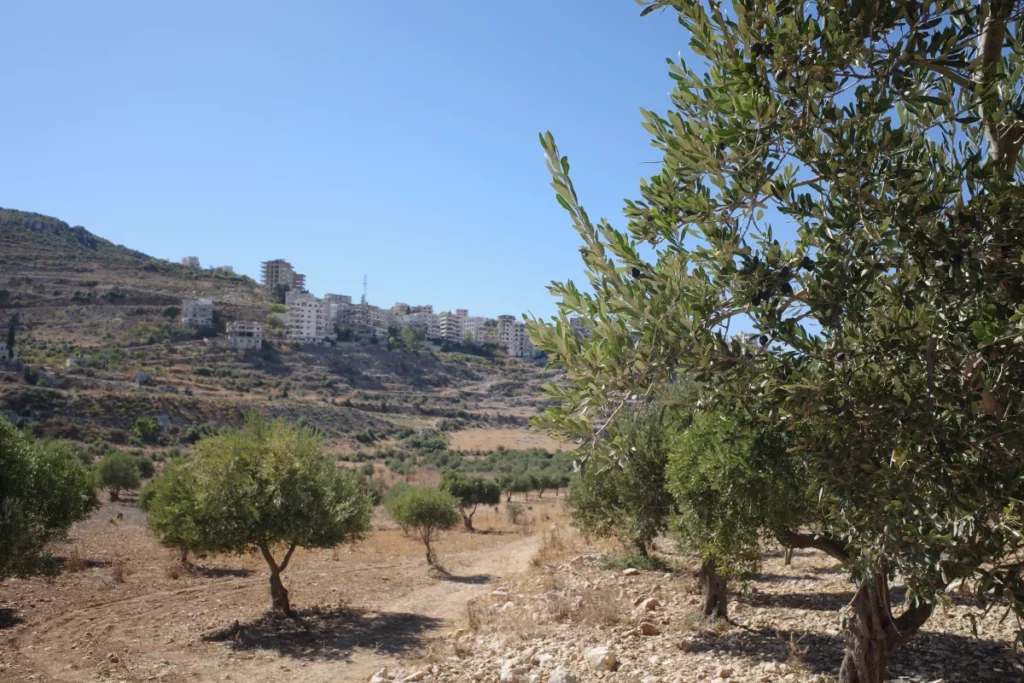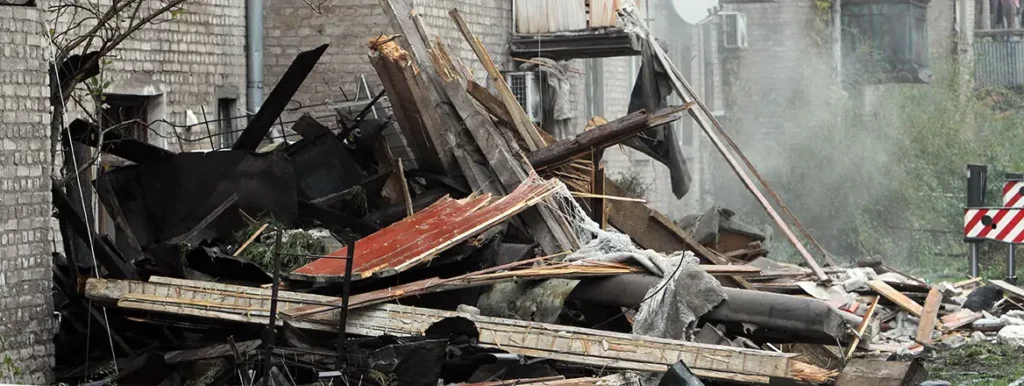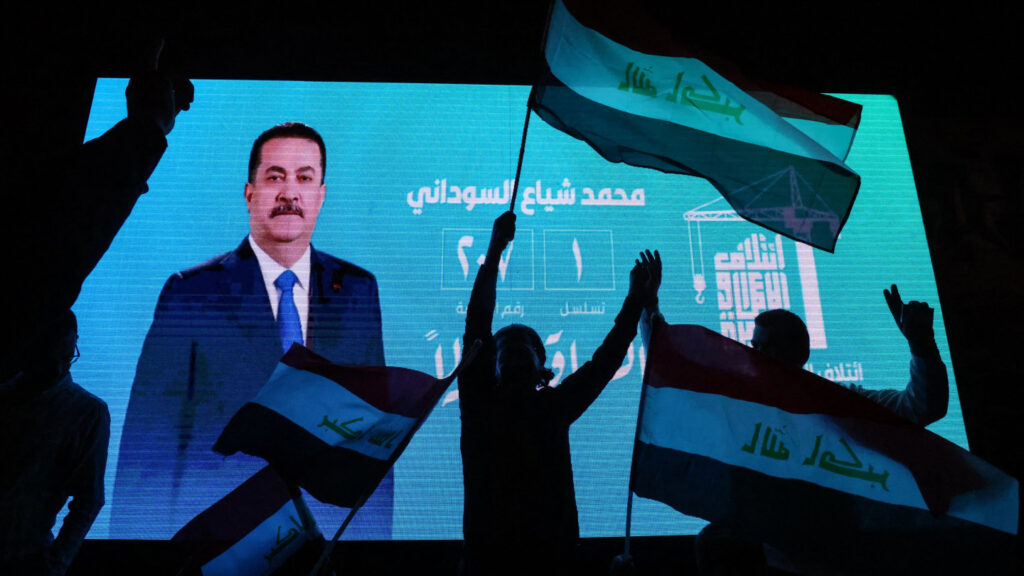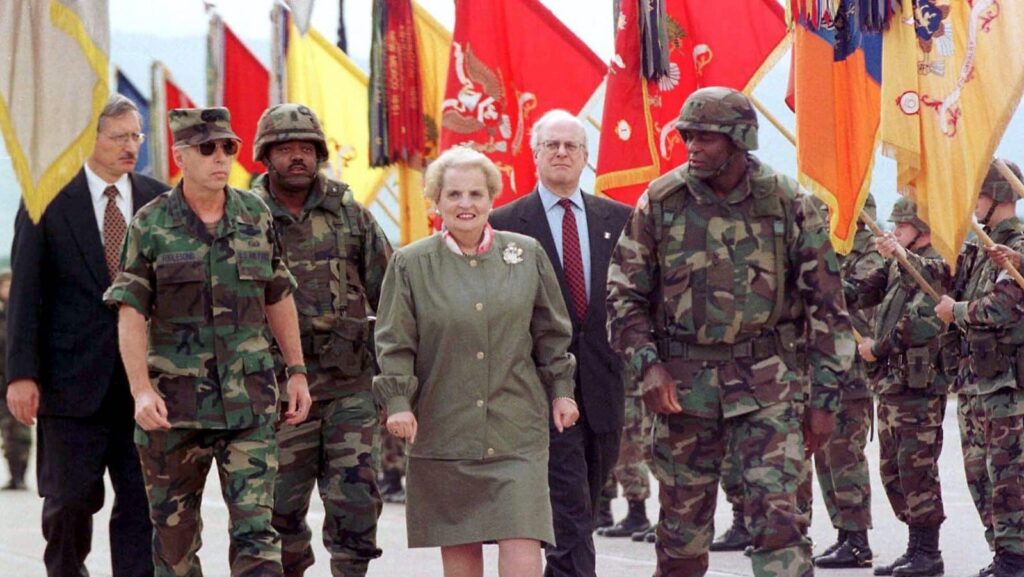Pakistan military says did not ‘attack Afghanistan’ after strikes kill at least 10
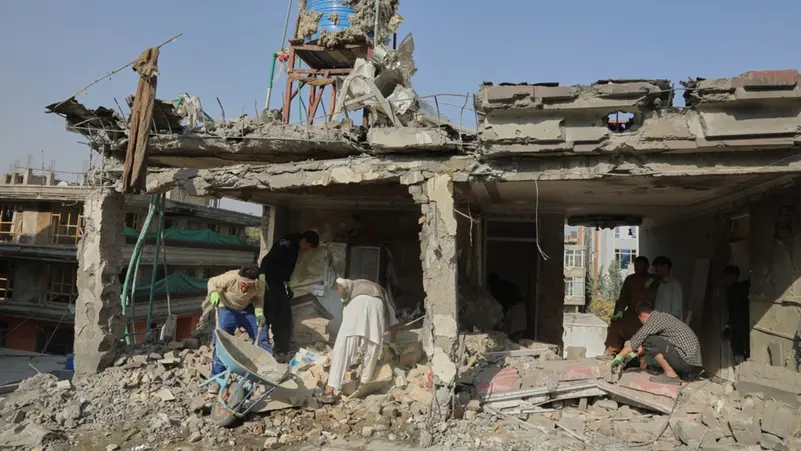
Pakistan’s military denied on Tuesday it had struck neighbouring Afghanistan, rejecting accusations by the Taliban government that it was behind an overnight air raid that killed 10 people near the border.
“Pakistan has not attacked Afghanistan,” army spokesman Lieutenant General Ahmed Sharif Chaudhry said in comments carried by state broadcaster PTV, adding that “the allegations of the interim Afghan government are baseless.”

